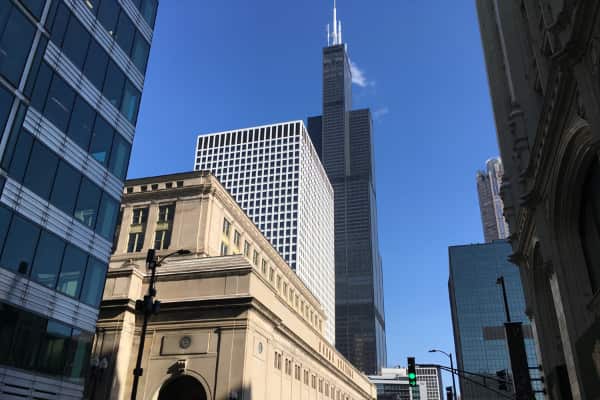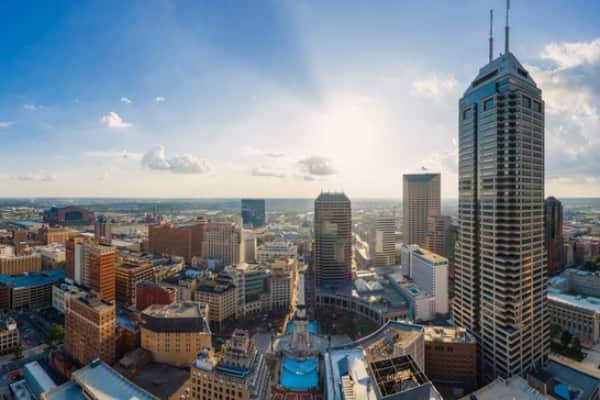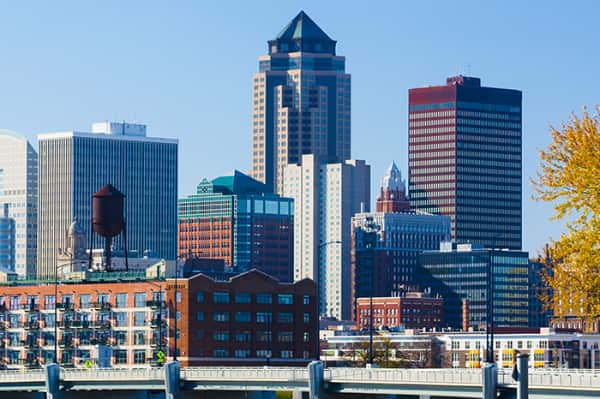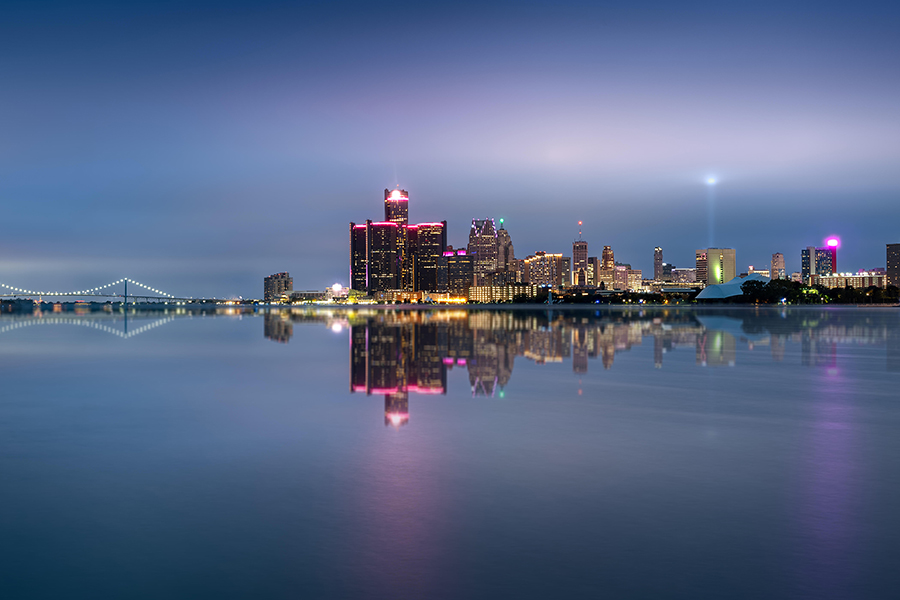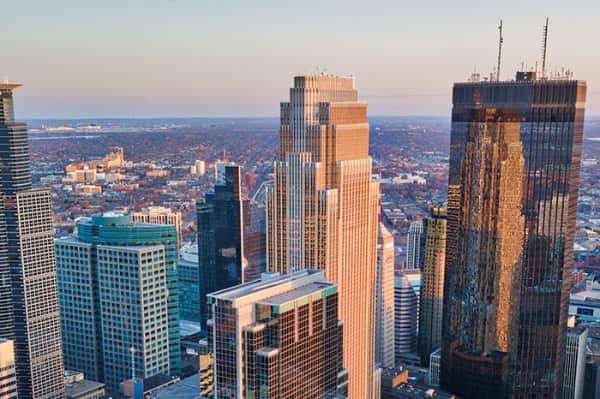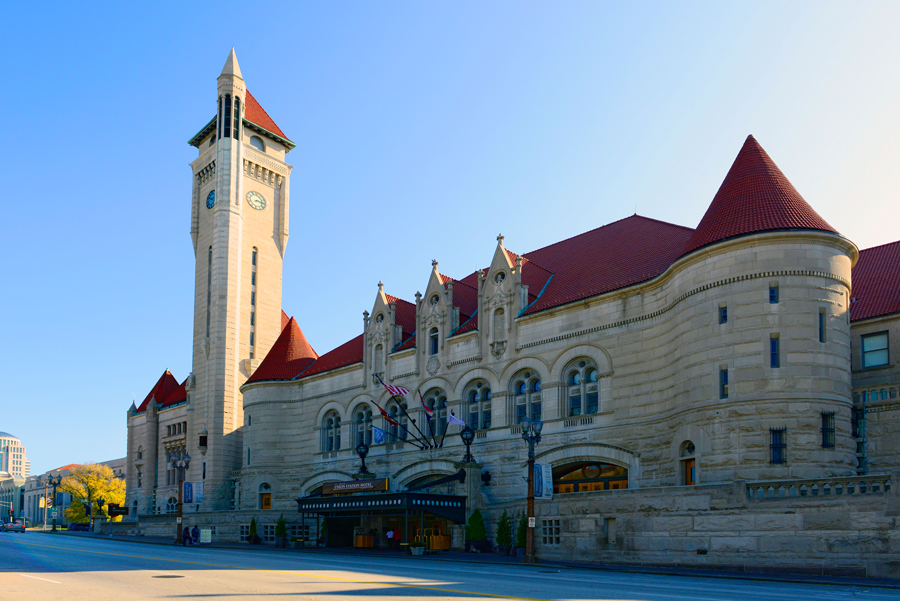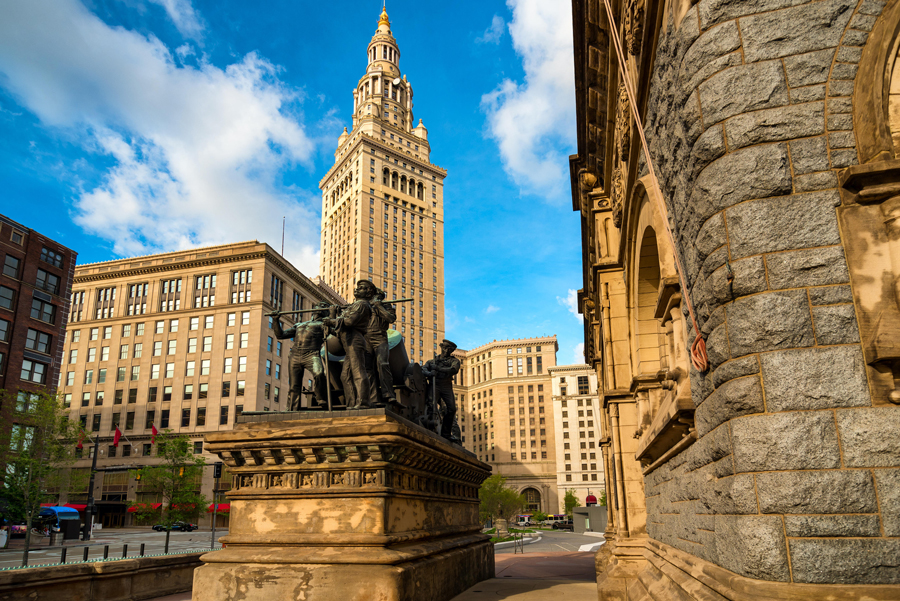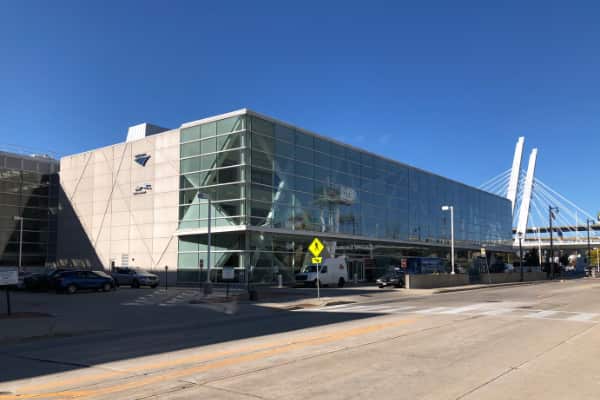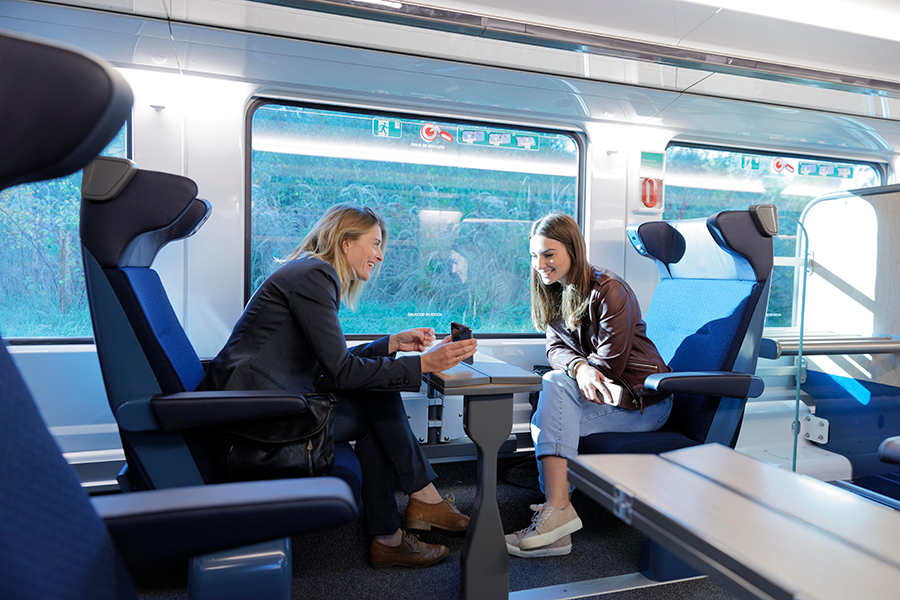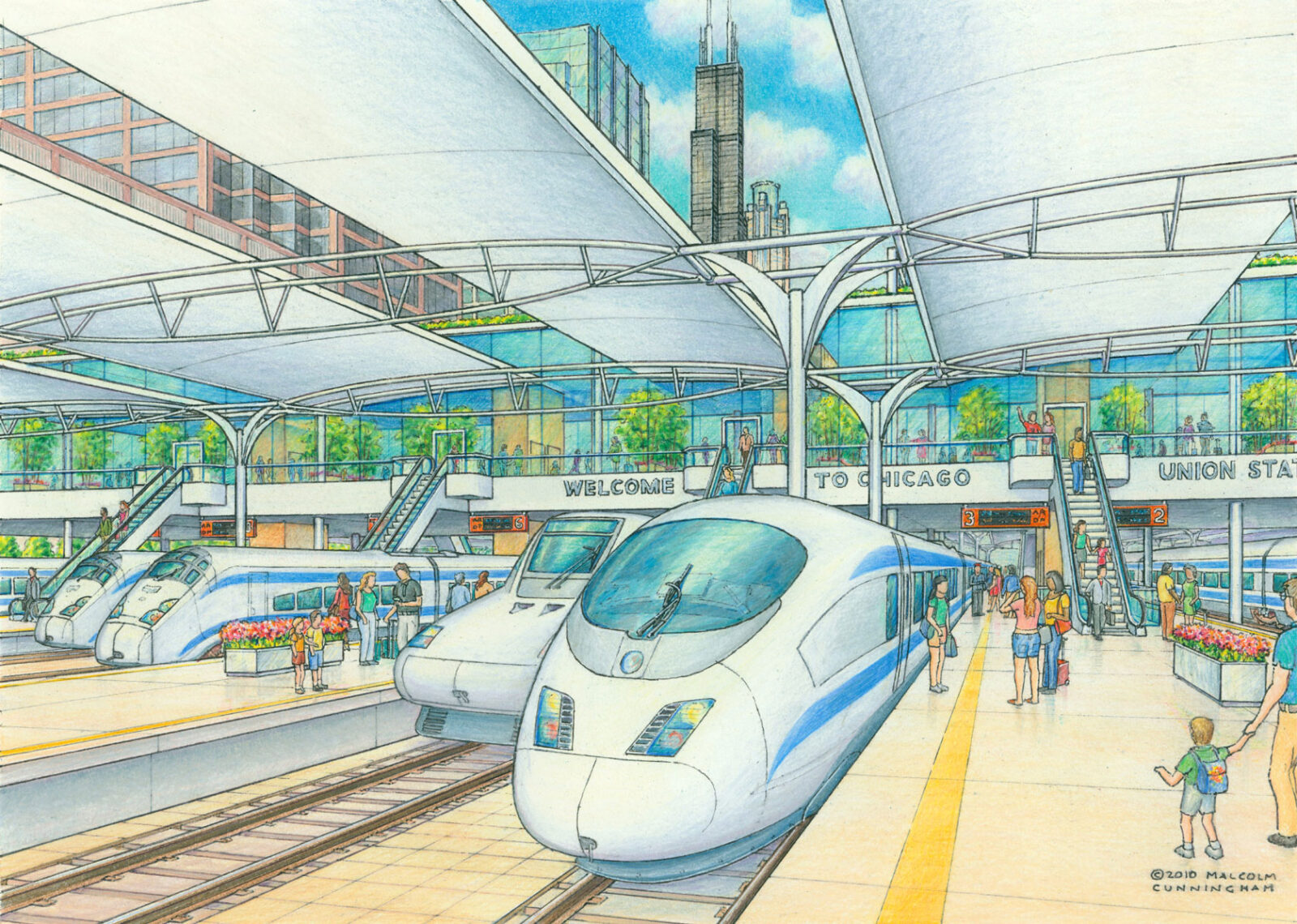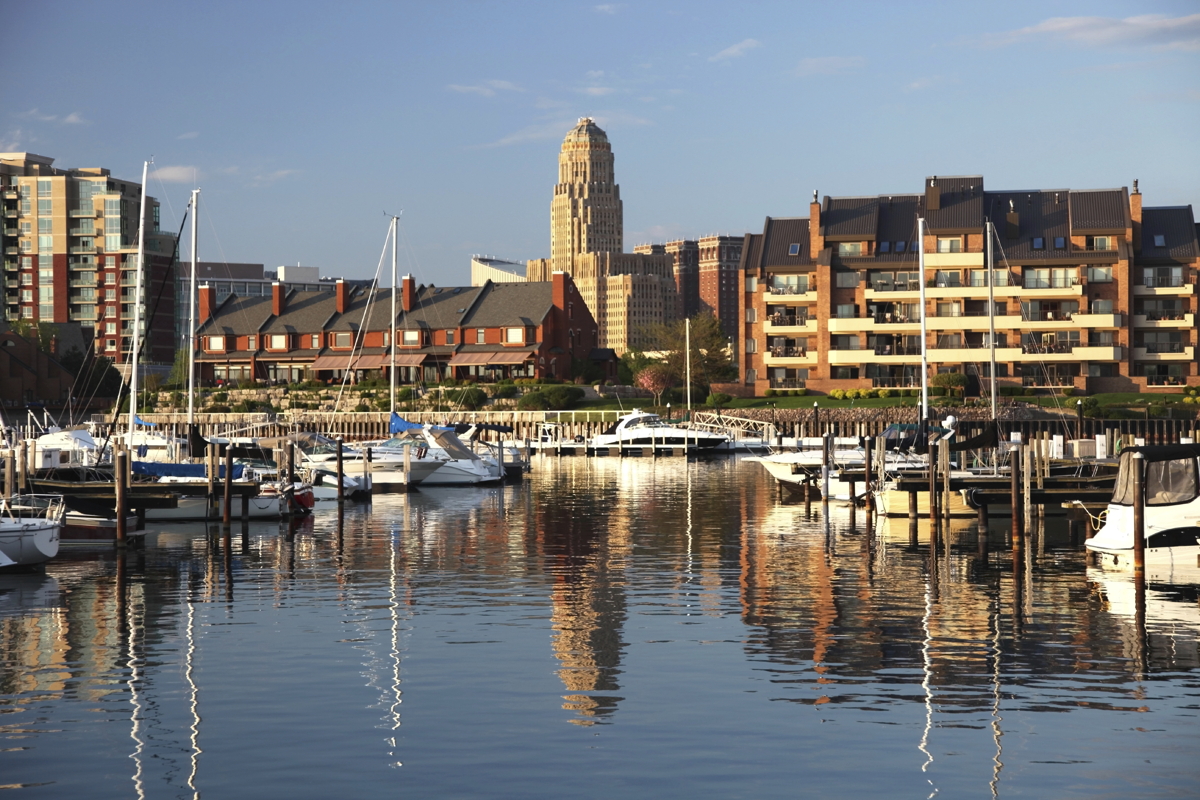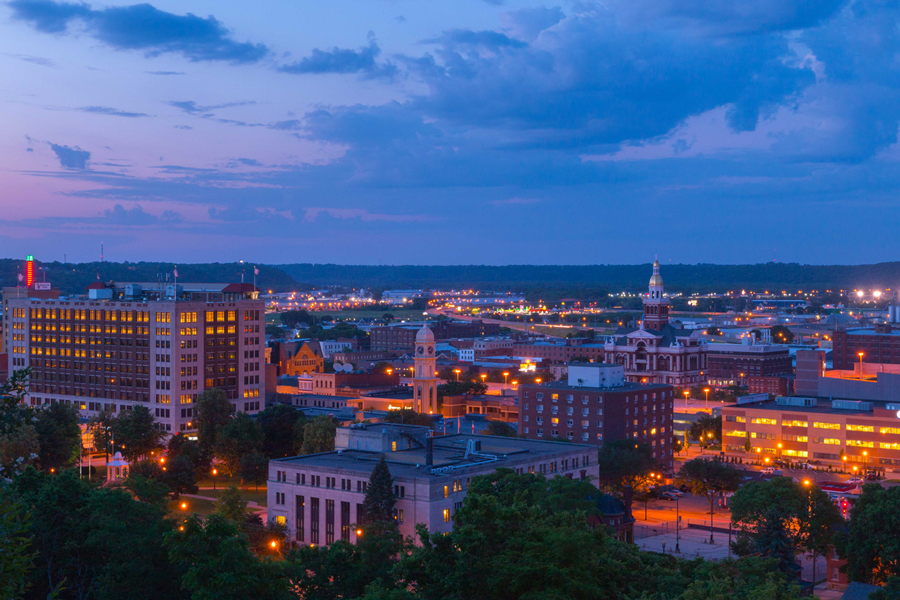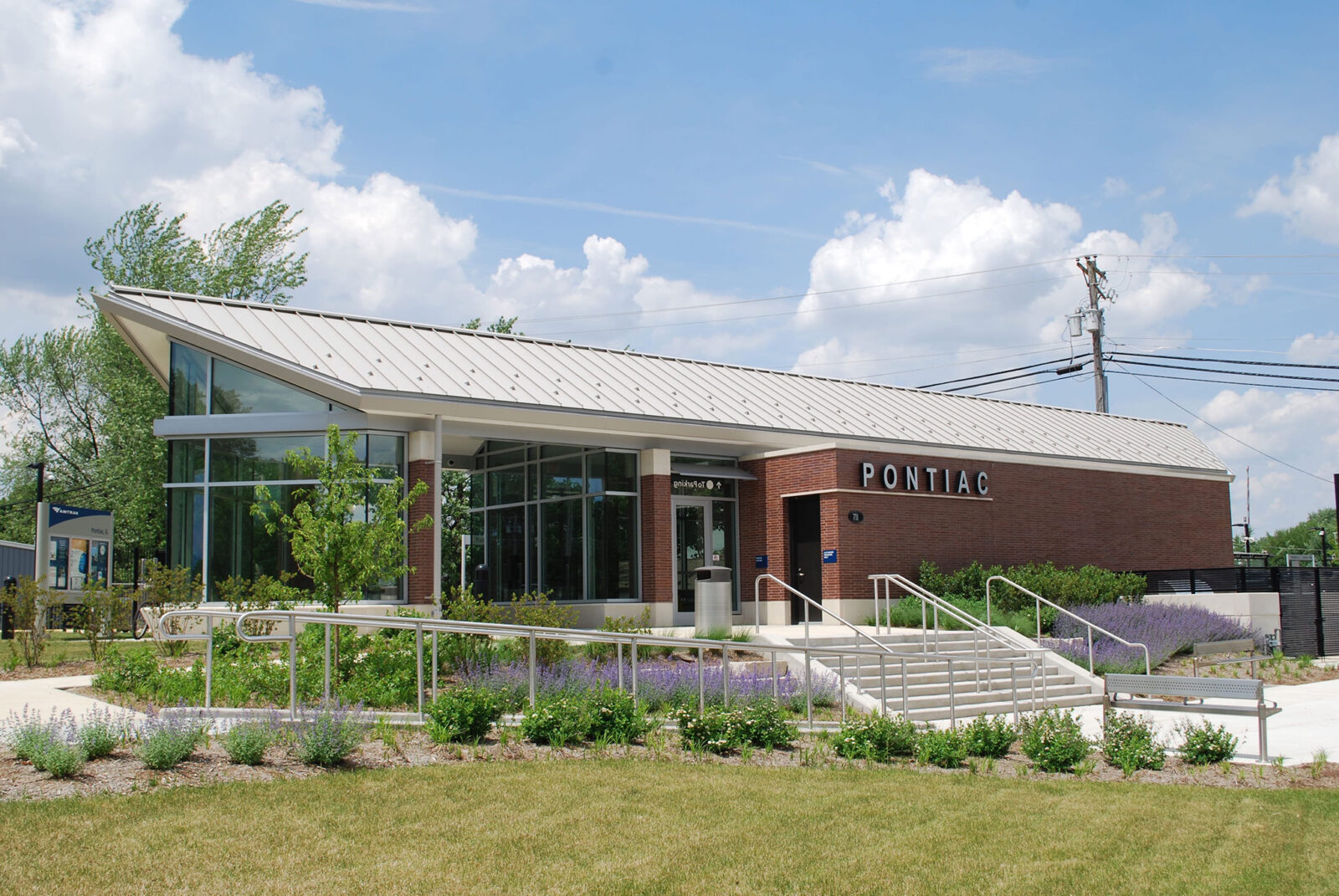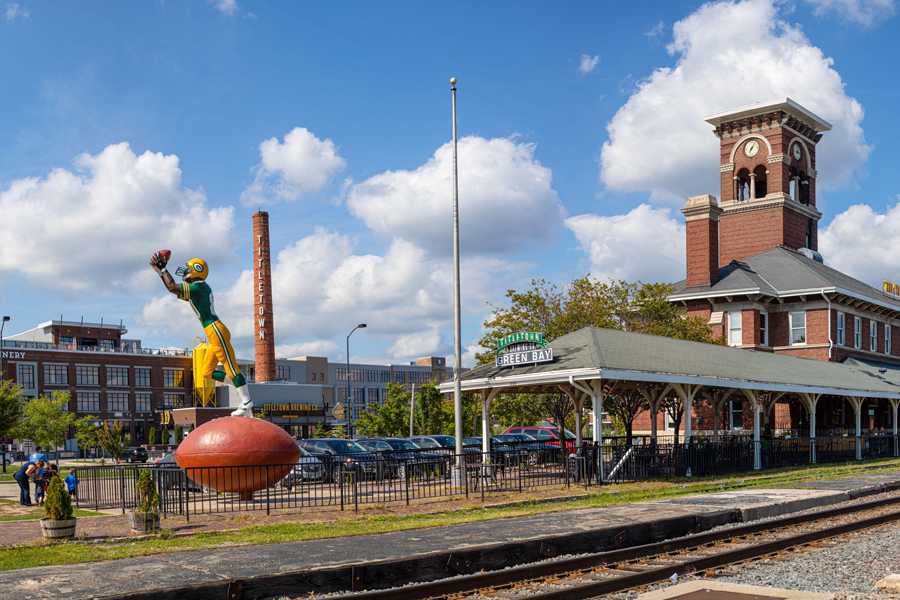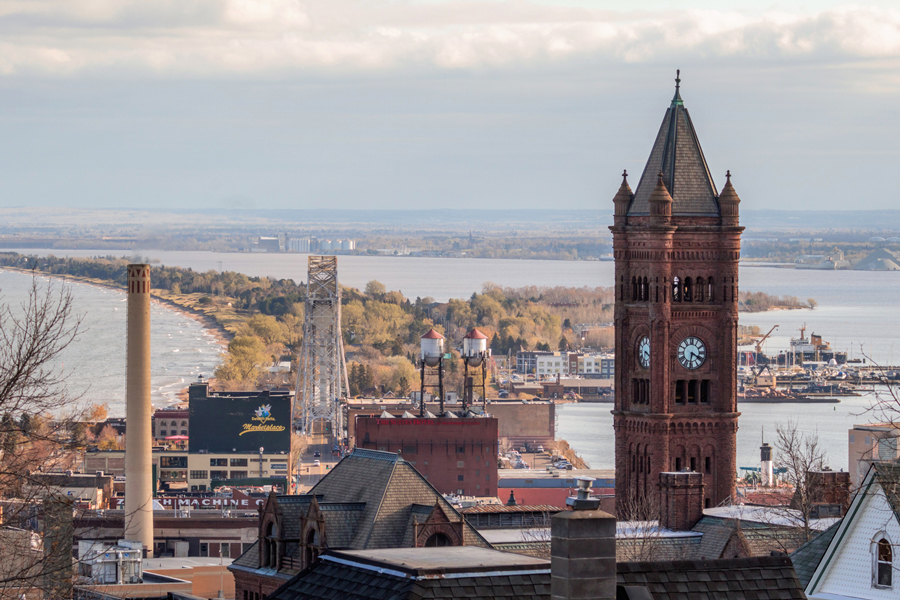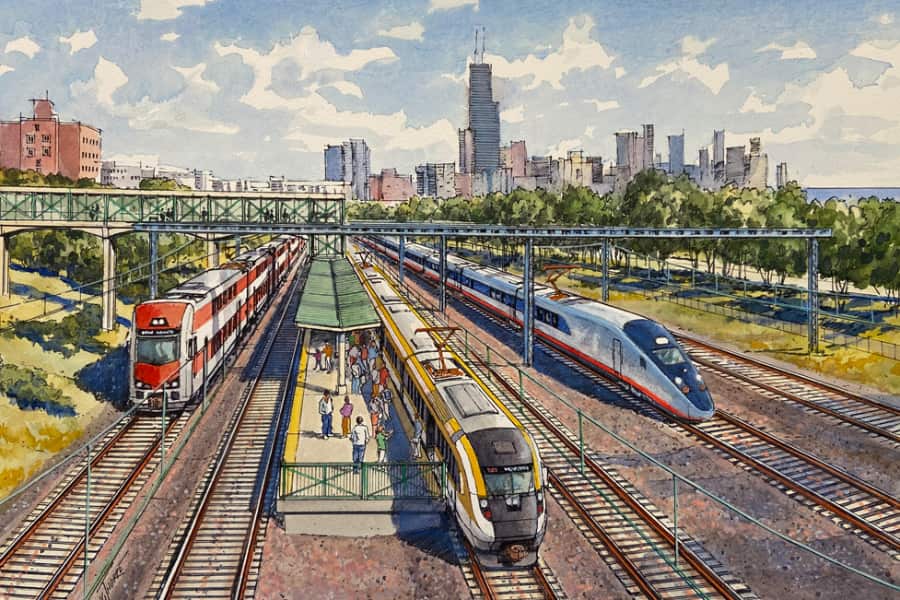Region in Brief
The Midwest is Central to Making the National Network Work: Physically and Politically
Home to dozens of major and mid-sized cities, the Midwest is roughly the size of France, home to Europe’s first high-speed trains. The area served by Spain’s high-speed network is also similar in size.
The Issues
The Midwest must think regionally to compete on the world stage. A trip of less than 3 hours between most major cities would take its productivity and innovation to the next level.
The Obstacles
Multiple states must work together to achieve success, with Illinois and Indiana shouldering the greatest burdens. It will take a strong federal program to reach full potential, but the states can make great progress with the existing programs.
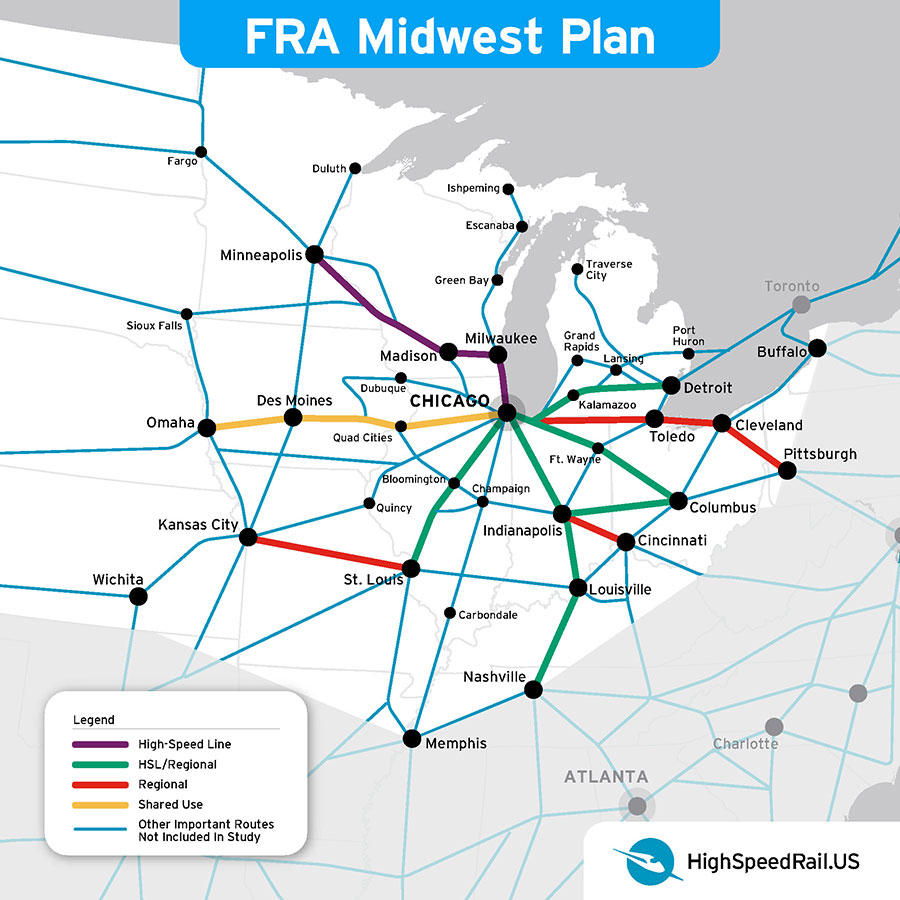
Federal Planning
The Federal Railroad Administration created a framework called the Midwest Regional Rail Plan.
It proposes to connect nearly 1,100 city pairs with an integrated network of high-speed and regional trains. The Midwest Interstate Passenger Rail Commission intends to further develop the FRA’s framework.
State Progress
Several states have slow progress on shared-use corridors. Learn about individual state and corridor plans below.
High Speed Rail Starts With Chicago
As the nation’s railroad hub, Chicago has a pivotal role to play in making high-speed rail a reality in the U.S.
Chicago’s four terminal stations offer direct service to 525 stations in 36 states. There is potential for many more. What happens in Chicago truly has a national impact.
Issues: Existing stations and tracks can be upgraded to create electrified, passenger-dedicated routes into and through the city, connecting cities and towns across the region.
Obstacles: Civic, business, and political leaders must rally around an ambitious vision for reinvigorating Chicago with a reimagined transportation system. The money will follow the vision.
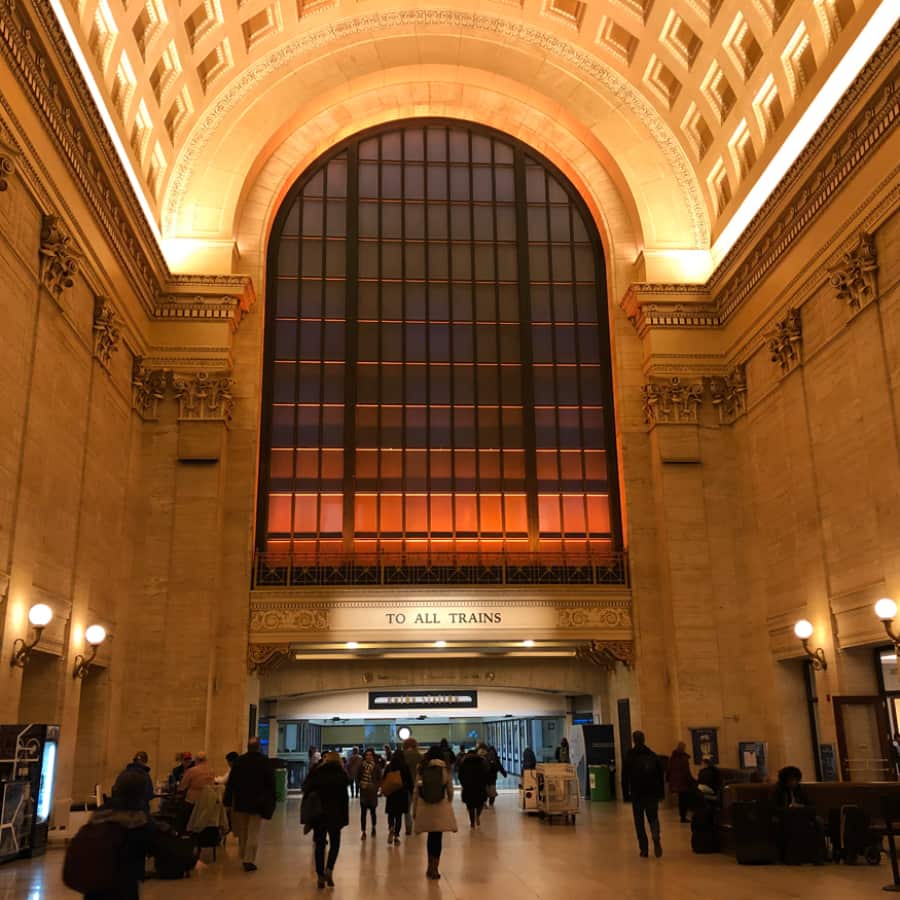
Fixing Chicago Union Station is essential to the National passenger rail network. Photo: Rick Harnish.
Critical Chicago-Area Projects
These projects are building blocks towards creating the Nation’s high-speed rail hub.

Join the Alliance
Help reconnect the Midwest with great trains.
Midwest States
Each state has a unique role to play in the national big-picture.
Illinois: The Nation’s Rail Hub
Nationwide success depends upon Illinois’ leadership.
Indiana: Crossroads of America
Geography is a key competitive advantage for Indiana.
Iowa: Foundation in Education
Iowa’s long drives call out for trains.
Michigan: A Diamond in the Rough
Few states can rival Michigan’s combination of existing assets and untapped potential.
Minnesota: An Emerging Powerhouse
Minnesota is long overdue for great passenger train service.
Missouri: Show Me the Trains
Missouri is one of the few states with two major cities: Kansas City and St. Louis.
Ohio: Gateway Between East and West
The state is pivotal to creating a network of fast, frequent, and afforable trains.
Wisconsin: Hub of the Heartland
Wisconsin has incredible assets and possibilities.
Become a Member
It takes an Alliance to make great trains. Join thousands of members working to transform travel across the U.S.
Corridors in the Midwest
Current progress on and our ideas for corridors.
220-mph Backbone
New high-speed lines will offer speed and frequency to transform travel.
Lakeshore Corridor
Chicago – Cleveland – Buffalo – New York
Black Hawk Corridor
Chicago – Rockford – Dubuque
Lincoln Corridor
Chicago – Normal – Springfield – St. Louis
Wolverine Corridor
Chicago – Kalamazoo – Battle Creek – Ann Arbor – Detroit
Peninsula Corridor
Chicago – Milwaukee – Green Bay – Upper Peninsula
Northern Lights Express
Minneapolis – Superior – Duluth
CrossRail Chicago
A vision for a electrified, passenger-dedicated trunkline to and through Chicago.
Connect the Nation. Expand Your Mind.
As activists, we have to think nationally, act locally, and learn constantly. In growing high speed rail capacity in the Upper Midwest, we can take our movement across the country.
Many regions. Many challenges. More possibilities.
High speed rail doesn’t happen all at once. It happens when regions work independently and work together.
Knowledge is power. Let’s get it done.
The most effective activism is educated activism. Our High Speed Rail guide gives you the background to move forward.

Get Involved
Tell the United States Congress: It’s time to reconnect the country with high-speed and regional rail!
